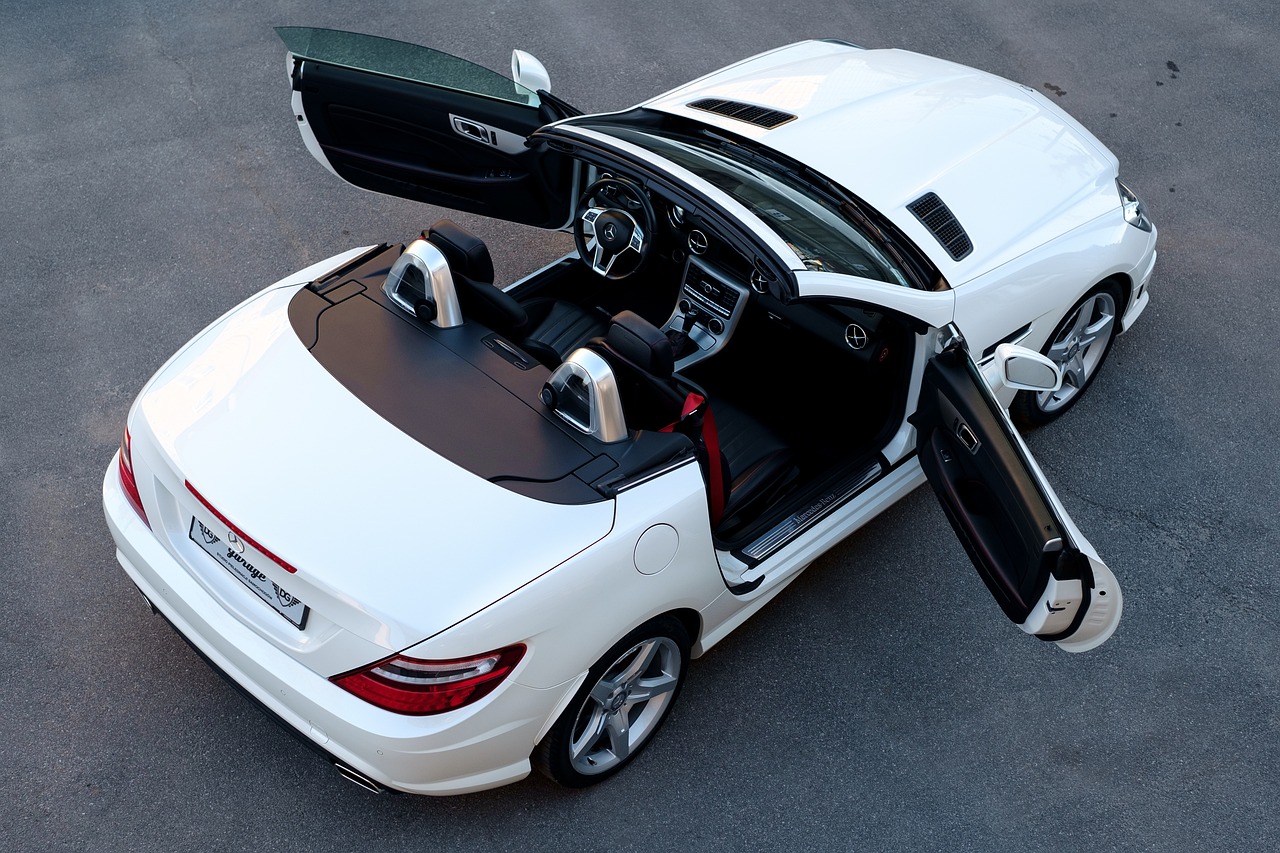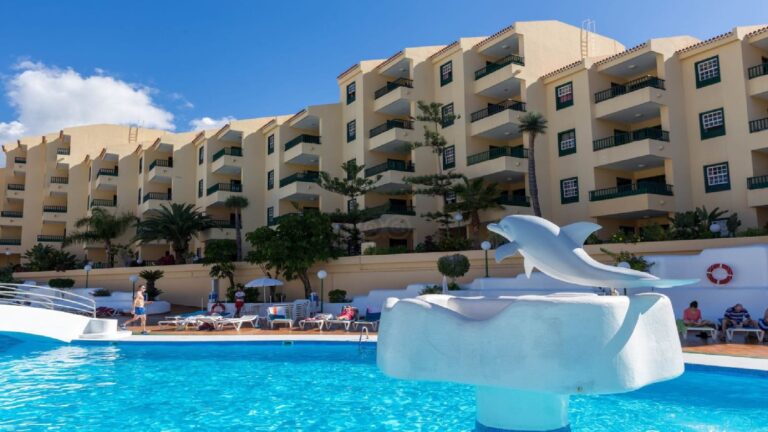Exploring the Potential of Energy-Efficient HVAC Systems for Residential Buildings
sky247 sign up, diamondexch9.com login, tigerexch vip: Exploring the Potential of Energy-Efficient HVAC Systems for Residential Buildings
Are you looking to make your home more energy-efficient while also staying comfortable throughout the year? One of the best ways to achieve this is by investing in energy-efficient HVAC systems for your residential building. With advancements in technology, these systems can help you save on your energy bills while also reducing your carbon footprint. In this article, we will explore the potential of energy-efficient HVAC systems and how they can benefit your home.
Benefits of Energy-Efficient HVAC Systems
1. Lower Energy Bills: Energy-efficient HVAC systems are designed to consume less energy while still providing the same level of comfort. This means you can enjoy a comfortable living space without having to worry about skyrocketing energy bills.
2. Reduced Carbon Footprint: By using less energy, energy-efficient HVAC systems help reduce the amount of carbon emissions produced. This is beneficial for the environment and can help you contribute to a more sustainable future.
3. Improved Indoor Air Quality: Energy-efficient HVAC systems often come with advanced air filtration systems that can help improve the indoor air quality of your home. This is especially important for individuals with allergies or respiratory issues.
4. Enhanced Comfort: Energy-efficient HVAC systems are designed to provide consistent and even heating and cooling throughout your home. This means you can enjoy a comfortable living space no matter the season.
5. Increased Property Value: Investing in energy-efficient HVAC systems can increase the value of your home. Many homebuyers are looking for properties that are energy-efficient, and having these systems in place can make your home more attractive to potential buyers.
6. Government Incentives: In some cases, you may be eligible for government incentives or rebates for installing energy-efficient HVAC systems in your home. This can help offset the initial cost of the system and make it more affordable for you.
Types of Energy-Efficient HVAC Systems
1. Inverter Air Conditioners: These systems use variable speed motors that adjust to the cooling needs of your home. This helps reduce energy consumption and provides more precise temperature control.
2. Heat Pumps: Heat pumps are a great option for both heating and cooling your home. They transfer heat between the inside and outside of your home, using less energy than traditional heating systems.
3. Geothermal Heat Pumps: These systems use the constant temperature of the earth to heat and cool your home. While they have a higher upfront cost, geothermal heat pumps are extremely energy-efficient and can provide significant savings in the long run.
4. Ductless Mini-Split Systems: These systems are ideal for homes without ductwork. They are easy to install and allow you to control the temperature of individual rooms, saving energy by only heating or cooling the spaces you are using.
5. Smart Thermostats: Smart thermostats allow you to control your HVAC system remotely and adjust the temperature based on your schedule. They can help you save energy by optimizing your heating and cooling settings.
6. Energy Recovery Ventilators: These systems help improve indoor air quality by exchanging stale indoor air with fresh outdoor air. They also help regulate humidity levels, making your home more comfortable.
FAQs
1. How much can I save with an energy-efficient HVAC system?
The amount you can save will depend on factors such as the size of your home, your current energy usage, and the efficiency of the system you choose. On average, homeowners can save up to 30% on their energy bills with energy-efficient HVAC systems.
2. Are energy-efficient HVAC systems more expensive to install?
While energy-efficient HVAC systems may have a higher upfront cost compared to traditional systems, the long-term savings on energy bills can offset this initial investment. Additionally, many homeowners find that the benefits of energy-efficient systems outweigh the cost.
3. Will an energy-efficient HVAC system work for my home?
There are many energy-efficient HVAC options available for different types of homes, whether you have ductwork or not. A professional HVAC contractor can assess your home and recommend the best system for your needs.
4. How can I maximize the efficiency of my HVAC system?
To maximize the efficiency of your energy-efficient HVAC system, be sure to schedule regular maintenance, change air filters regularly, and keep your home well-insulated. Additionally, consider installing a programmable thermostat to optimize your heating and cooling settings.
5. Are there any tax incentives for installing energy-efficient HVAC systems?
In some cases, homeowners may be eligible for tax incentives, rebates, or other incentives for installing energy-efficient HVAC systems. Check with your local utility company or government agencies to see if there are any available incentives in your area.
6. How can I find a reliable HVAC contractor to install an energy-efficient system?
When looking for an HVAC contractor, be sure to do your research and ask for references. Look for contractors who are licensed, insured, and experienced with installing energy-efficient systems. You can also check online reviews or ask for recommendations from friends and family.
Conclusion
Investing in energy-efficient HVAC systems for your residential building is not only beneficial for your wallet but also for the environment. These systems can help you save on energy bills, reduce your carbon footprint, and improve the overall comfort of your home. With a variety of options available, you can choose the system that best fits your needs and budget. If you are considering upgrading your HVAC system, be sure to explore the potential of energy-efficient options and reap the rewards for years to come.







